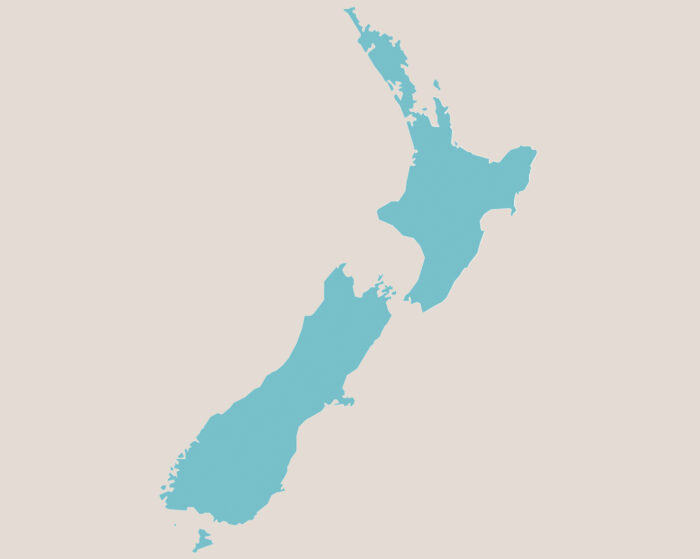The Green House Effect
New Zealand has long prided itself on its clean, green image. With growing awareness of environmental issues, many are now seeking ways to make their lifestyles and homes more eco-friendly.
New dwellings must meet strict energy and water use standards, while new regulations are ensuring rental homes are energy-efficient.
Whether you’re purchasing a new-build, an existing home or rental property, making sure it’s as green as possible makes more than just environmental sense. A home that consumes fewer resources such as energy and water is one that helps save money as well as the planet.
Better by design
For new builds, the building code has standards covering moisture, ventilation and energy efficiency. They ensure homes are reasonably energy efficient. However, they are basic requirements, and a lot of building firms take sustainability far more seriously.
Many are members of the New Zealand Green Building Council, which has its own Homestar rating tool to score a building’s enviro credentials. On their one (low) to ten (high) system, most older homes rank two or three. New dwellings typically earn four, although they need to score six to be truly green. A 10 Homestar rating represents international best practice.
If you’re building from scratch, the Homestar rating takes into consideration the sustainability and efficiency of all building products: from the slab, timber, plasterboard, flooring and windows, to the roof.
A new, greener home need not be expensive. Architecture that makes the most of natural light and ventilation can have a huge impact on a home’s energy use. For eco-conscious buyers of older homes, too, there are many cost-effective ways to improve its environmental footprint.
Heating
A third of all electricity used in homes is for heating, and draughty homes equate to wasted energy. Most homes built during the past 40 years are likely to comply with modern insulation regulations. But regardless of your home’s age, ensuring its insulation is up to scratch is a top priority for sustainable living.
Once warmth can’t escape, you can concentrate on your heat source. Heat pumps and modern wood burners are the most energy-efficient heating methods. Solar earns Brownie points – but around 80 percent of electricity generated in New Zealand already comes from renewables. So, while solar can cut power bills, it won’t have a major effect on your carbon footprint.
Water
The way water is heated and consumed in a home also has a big effect on its sustainability. A third of a household’s energy consumption is for hot water, so it’s imperative not to waste any H20, hot or cold.
Electric or heat-pump hot water cylinders are the greenest options. In bathrooms, they must be paired with low-flow showers and taps and dual-flush toilets to further reduce water consumption.
Managing atmospheric water is crucial too. Kitchen extractor hoods and bathroom fans should duct outside, and every room needs windows that can be fixed open to allow secure passive ventilation.
Small measures
While sustainable building materials and energy and water consumption are major issues, there are many smaller choices that can make your home more green.
When buying products for your home, look for an Environmental Choice New Zealand label. This government-owned agency endorses products that minimise environmental impacts.
To further cut power use, replace lighting with LEDs. These super-efficient light sources use up to 85 percent less power than regular bulbs, which traditionally account for 8 percent of a home’s electricity usage.
Outside, ensure there’s plenty of permeable ground, for stormwater to soak away, and catch rainwater to irrigate your garden, which can be planted in natives to encourage insects and birds.
Across the country, the housing landscape is changing. There are more of us; we’re living closer together and in better-appointed homes. The way we build and renovate houses is changing too. As we put more thought into the environmental impact of our homes, it’s reassuring to know that it’s easy to make a difference, and that our lifestyle choices don’t have to cost the Earth.
Source: https://www.bayleys.co.nz/news/residential/thegreenhouseeffect
Contact us today
Angela Webb
Licensed under the REA Act 2008
Mobile: +64 27 349 1997
Office: +64 3 375 4700
angela.webb@bayleys.co.nz


